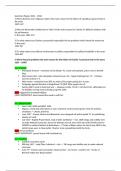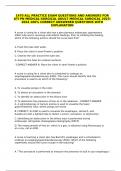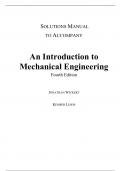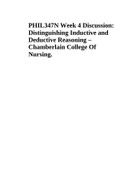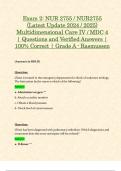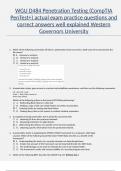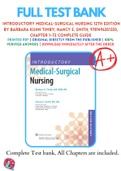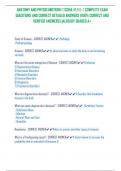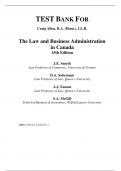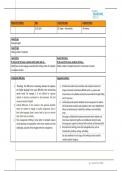Other
A/A* Student's essay plans to Stuart Politics questions (A-Level History, Unit 1C, Britain : Conflict, Revolution and Settlement, Pearson Edexcel)
- Course
- Institution
This document provides a set of essay plans for responses to past paper questions (complete with criteria, numerous factors, a line of argument, and detailed evidence) for the Politics sub-topic of Unit 1C 'Britain, : conflict, revolution and settlement'. These essay plans can serve as a guide for ...
[Show more]
